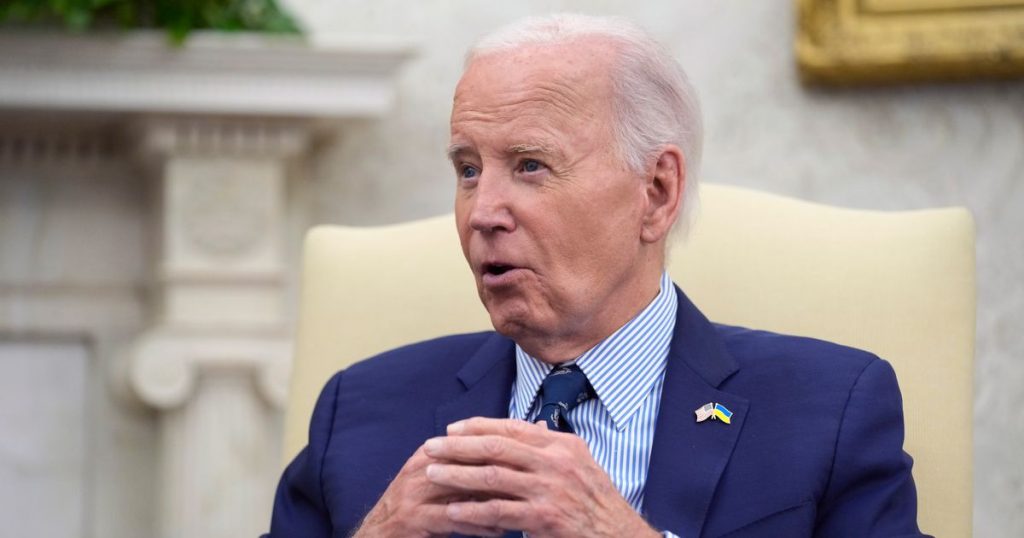President Joe Biden signed a temporary government spending bill that will keep agencies funded at current levels through December 20th. This bill was passed by Congress on a bipartisan basis, with Republicans supplying all the no votes. The measure received overwhelming support in both the House and the Senate, with a vote of 341-82 in the House and 78-18 in the Senate. The bill included $231 million to bolster the Secret Service following two assassination attempts against Republican presidential nominee Donald Trump and additional funding to aid with the presidential transition.
House Speaker Mike Johnson, a Republican from Louisiana, described the bill as doing “only what’s absolutely necessary” and emphasized that the only alternative to the continuing resolution would have been a government shutdown. Lawmakers decided to delay key spending decisions until after the November election, setting up the potential for a government shutdown fight just before the holiday season. The temporary measure was necessary because Congress has not yet completed work on the 12 annual appropriations bills that fund much of the federal government. The House has passed five of the bills, mostly along party lines, while the Senate has not passed any.
The decision to delay key spending decisions until after the election was likely influenced by the highly charged political environment leading up to the November election. Despite concerns among some members about current spending levels, the bill was seen as a necessary step to avoid a government shutdown. The additional funding for the Secret Service and the presidential transition were seen as crucial priorities. The bill was passed quickly and with bipartisan support, highlighting the urgency of ensuring that funding for government agencies remains stable.
The prospect of a government shutdown just before the holiday season looms as agencies are funded at current levels through December 20th. The ongoing gridlock in Congress over the annual appropriations bills has led to the need for temporary measures to keep the government running. Lawmakers must work quickly to reach agreements on funding levels to avoid disruptions in government operations. The delay in making key spending decisions until after the election reflects the challenges of navigating a divided Congress in a politically charged environment.
President Joe Biden’s signing of the temporary government spending bill reflects the need for urgent action to keep federal agencies funded and operational. The bipartisan support for the bill in Congress underscores the recognition of the importance of avoiding a government shutdown, particularly during a critical time of year. The additional funding for the Secret Service and the presidential transition indicates a recognition of pressing priorities that require immediate attention. As Congress continues to work towards completing the annual appropriations bills, resolving differences and reaching agreements on funding levels will be crucial to ensuring stability in government operations.


